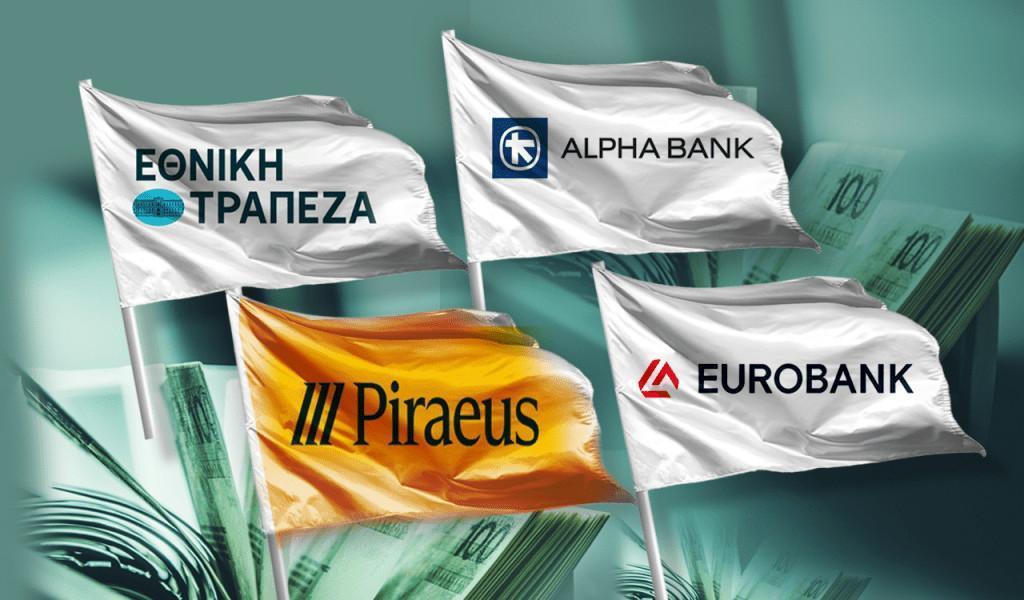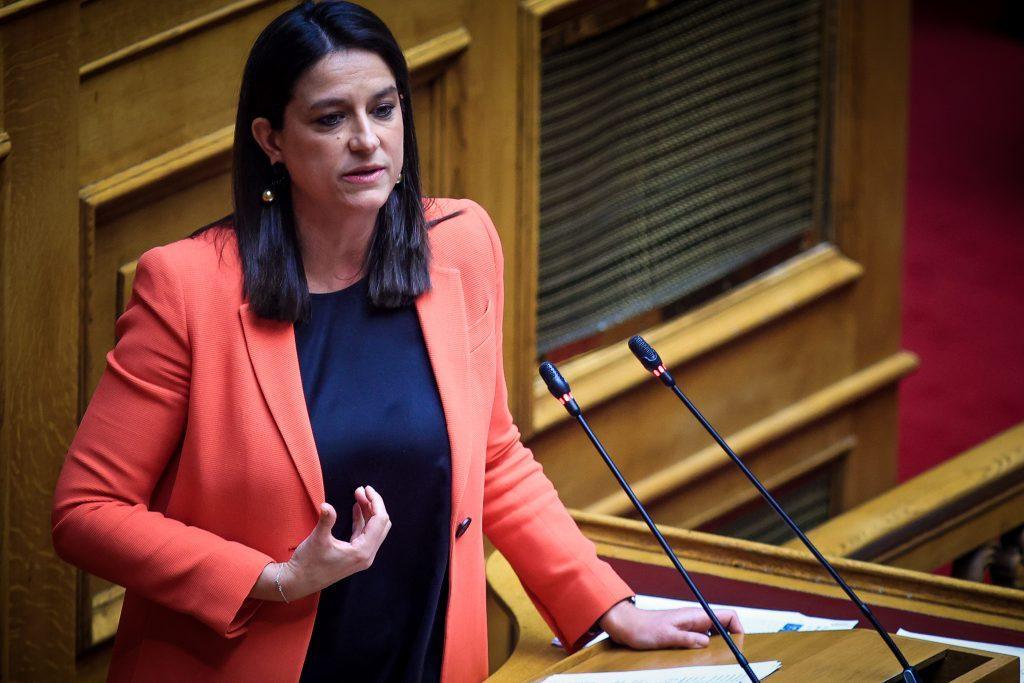Psychology is the basis for the mindset of capital managers and is shaped by the daily flow of news and corporate results. The predominant issue this season is the size of corporate profits, as it is so large that investors believe it will not be repeated in the near future and their valuation expectations by the end of the year are significantly reduced.
At the same time, the planet, showing a disparity in the effort to vaccinate populations, remains a laboratory for the production of Convid-19 mutations, with the outbreak of cases in Asia and Africa being problematic, as the speed of occurrence of cases is impressive. The recent finding that strains originally identified in India and South Africa have already dominated countries with high rates of vaccination, especially in Europe which is rife with the Delta mutation, coincided with concerns about cases in the Philippines, Vietnam, Australia, and India. As was evident from bond markets, this had an exponential effect. It has already taken the form of a flight from shares and a shift to government bonds. The yield on US and European bonds has fallen due to the pandemic, so reservations have prevailed in investment psychology.
At the same time, stocks are being pushed everywhere, which due to limited liquidity, are considered to have the greatest risk. While the Dow Jones & S&P 500 remained close to record levels, supported by the prospect of economic recovery, investors worried about the more risky, less liquid stock values. The Russell 2000 index of US small-cap stocks fell -0.6% to a two-month low. Special Purpose Acquisition Companies (SPACs) that until recently were booming, or “companies with a blanc check to become a vehicle for listing of other companies”, were completely out of favor with the Ipox Spac index lying at a seven-month low.
The mood of foreign institutions in the Athens stock market emerges from a similar reasoning and while there are positive to very positive developments in various fields, low market liquidity and pandemic statistics maintain the tendency to run away from risk. Managers do not forget that Spain, which first opened its tourism industry, turned “red” in a short time and are informed that the movement of tourists in the country is already limited and below initial forecasts.
According to the head of the analysis department of Beta Sec, Manos Hatzidakis: Hellenic Banks, with the two share capital increases, seem to have overcome the reef of non-performing loans and look to the future with more optimism. The two increases gave participants quick returns and gained some first “likes”, after a very burdensome past of stock market losses. Alpha’s share capital increase had a special degree of difficulty, as it was concluded under the pressure of time, at a price that was not “dead”, but proved to be able to leave money on the table for everyone.
But Mr Hatzidakis concluded, referring to the guiles of Athens as a stock market: No one will come to put their money as a passive Investor in Greek shares (let alone in Banks), if he has not seen investors winning, no matter how many good words he has read from analysts. The refutation of expectations from day one is that what is worse for advertising an investment idea, we have seen it unfold after the 2015 increases, plunging the Banks into stock market disrepute for many years.
If there were no floods in Central Europe dominating the euronews report, the image of an Athens hotelier, who said that he is still not sure that this year will be better than 2020, would be top news yesterday. The worst news that concern investment psychology was hidden in the channel’s comment, that potential visitors are hesitant, because they are worried about the state of the country because of Conid-19, because they do not know what they will encounter. And who knows, after all. That is why the reluctance a tendency to flee by some does not promise much for the end of the week while the concern for the Delta strain dominates the world and certainly all of Europe.
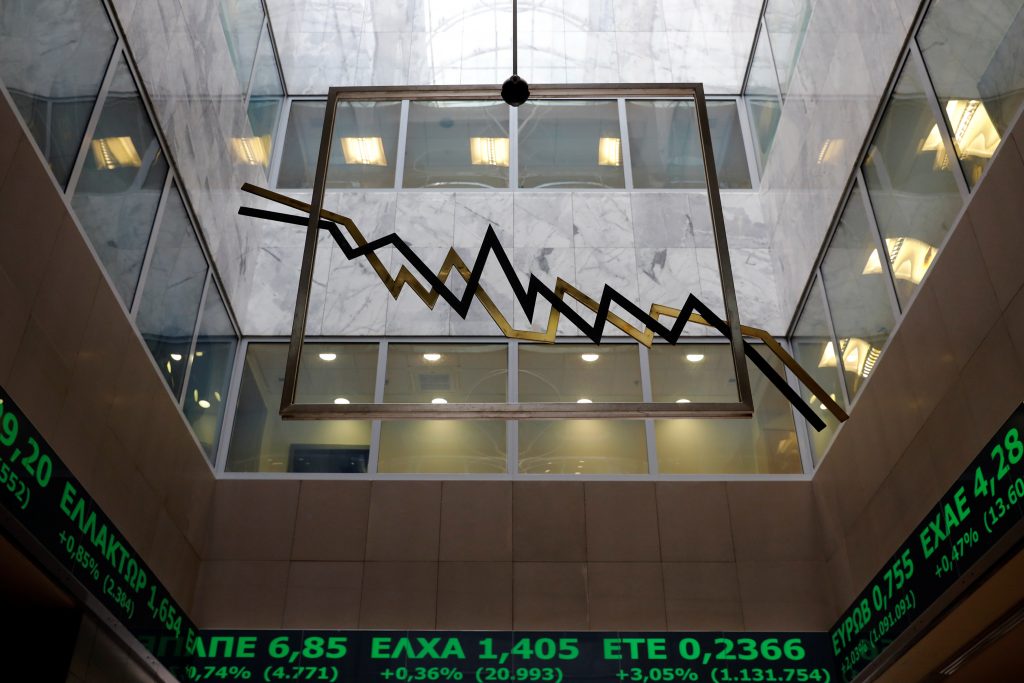


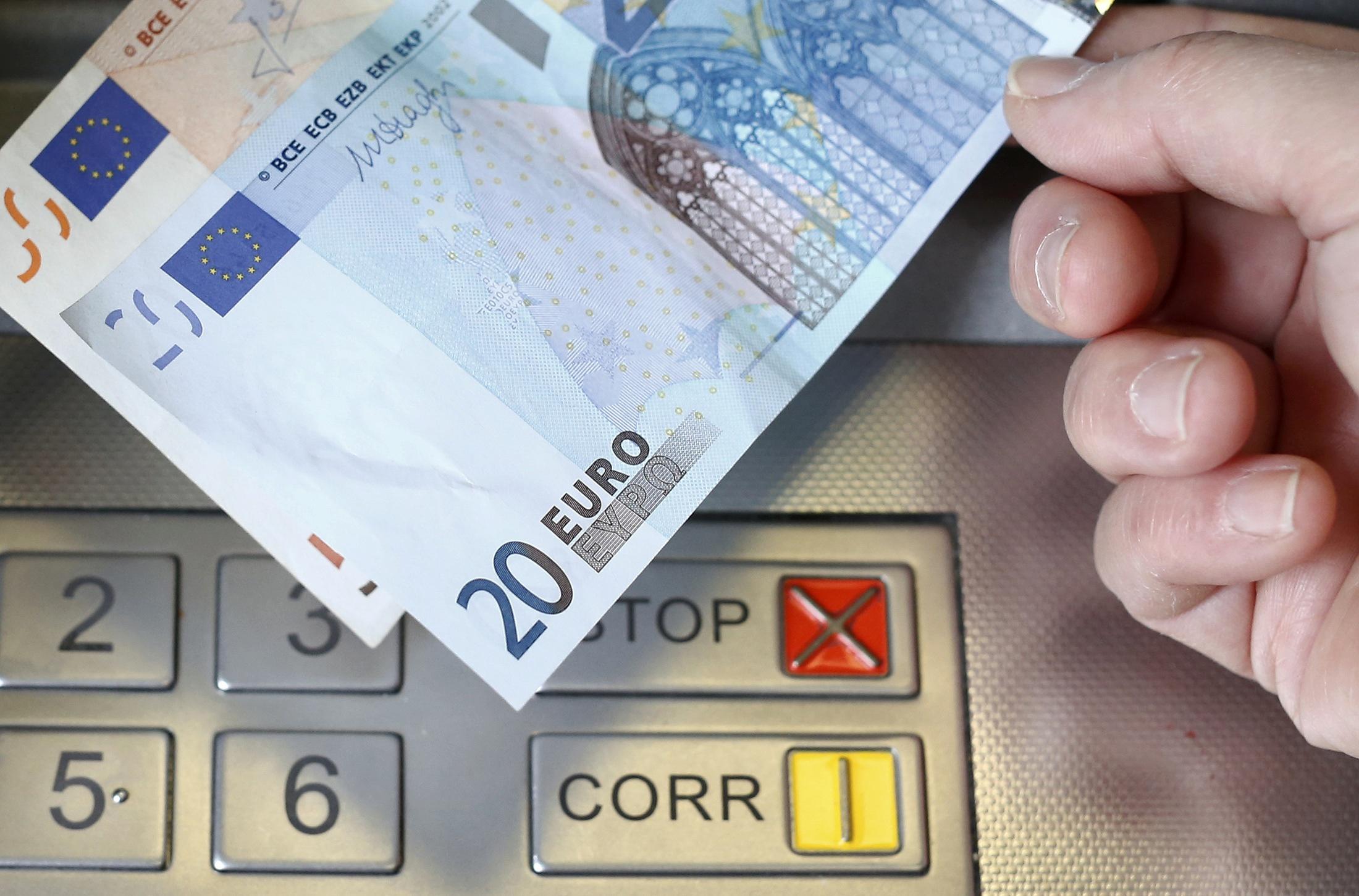


![Πετρέλαιο θέρμανσης: Οι τιμές ανά περιοχή σε όλη την Ελλάδα [πίνακες]](https://www.ot.gr/wp-content/uploads/2025/10/JOHN_LIAKOS_16_06_2025_DIANOMH_PETRAILAIOY_THERMANSHS07-300x300.jpg)



![Πώς θα γίνει η επιστροφή ενοικίου [Μέρος Α’]](https://www.ot.gr/wp-content/uploads/2025/10/xrima4-1024x682-1-300x300.jpg)


![Πώς θα γίνει η επιστροφή ενοικίου [Μέρος Α’]](https://www.ot.gr/wp-content/uploads/2025/10/xrima4-1024x682-1.jpg)

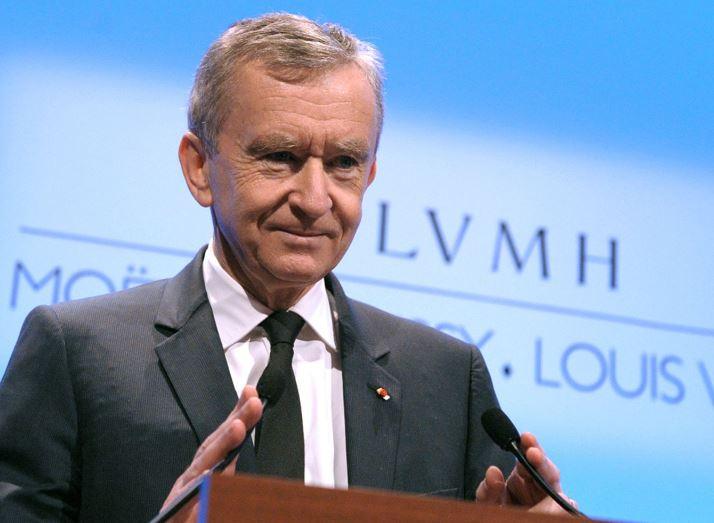

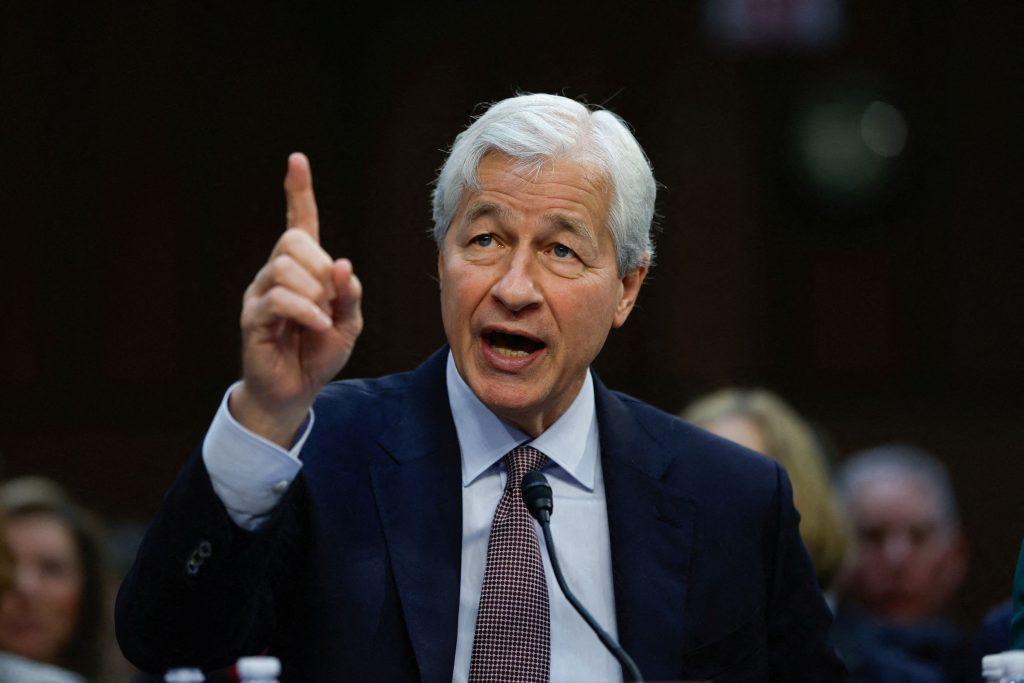


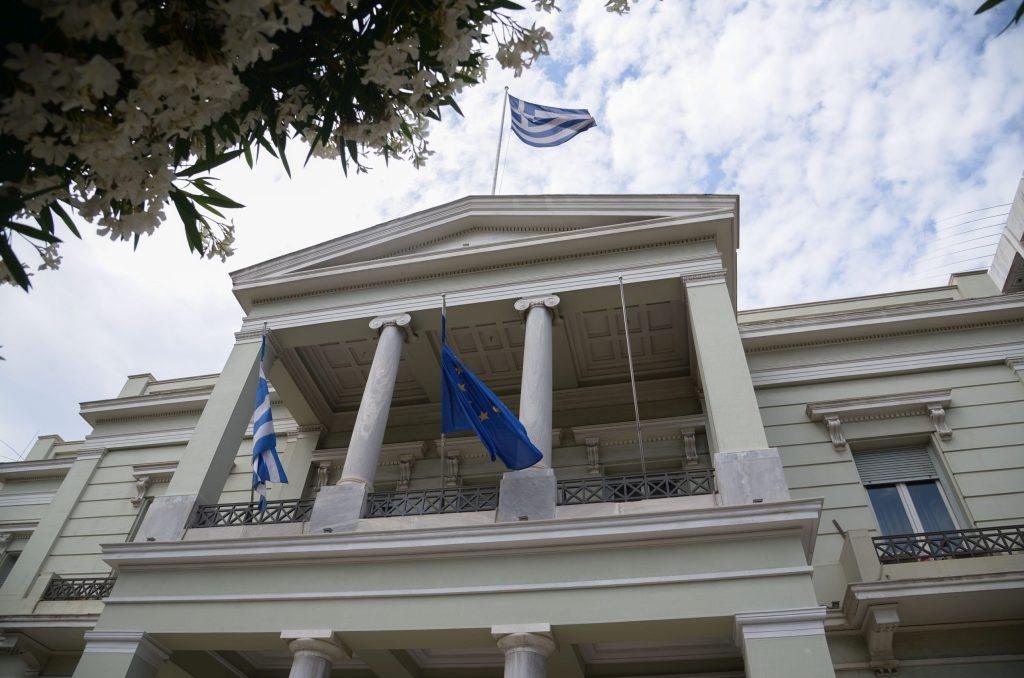


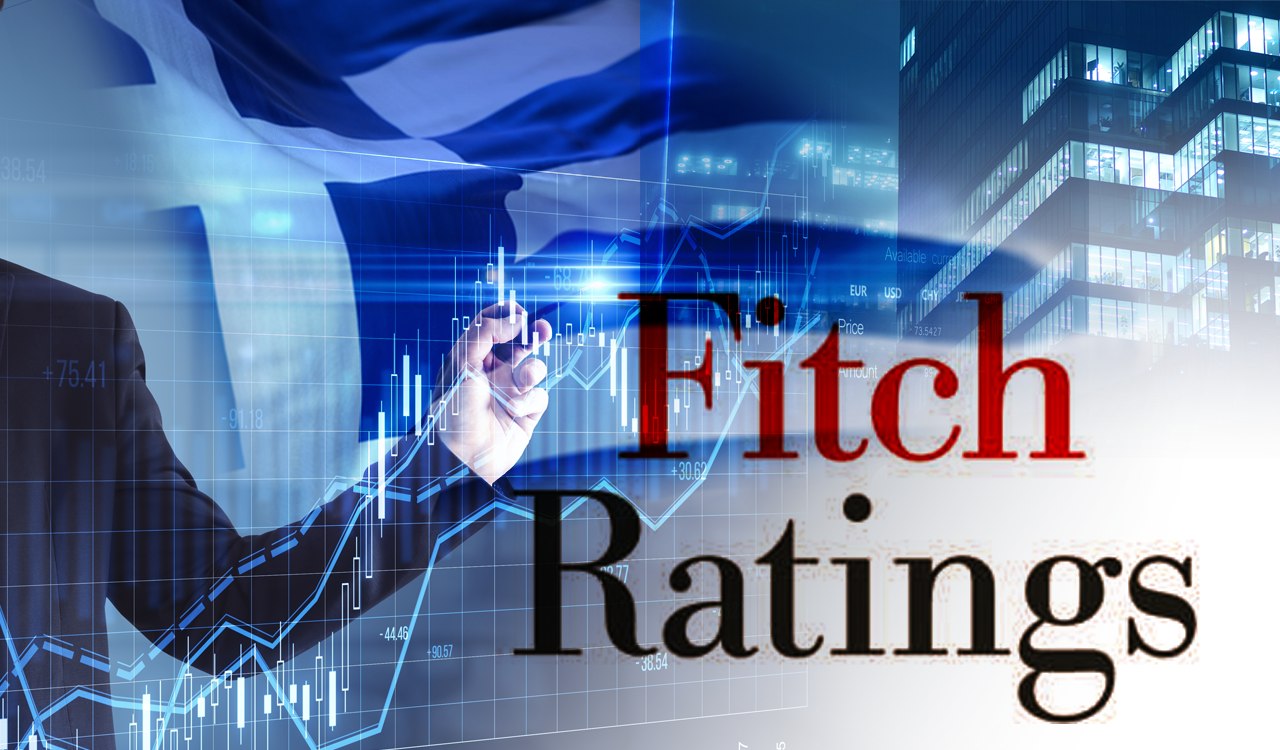
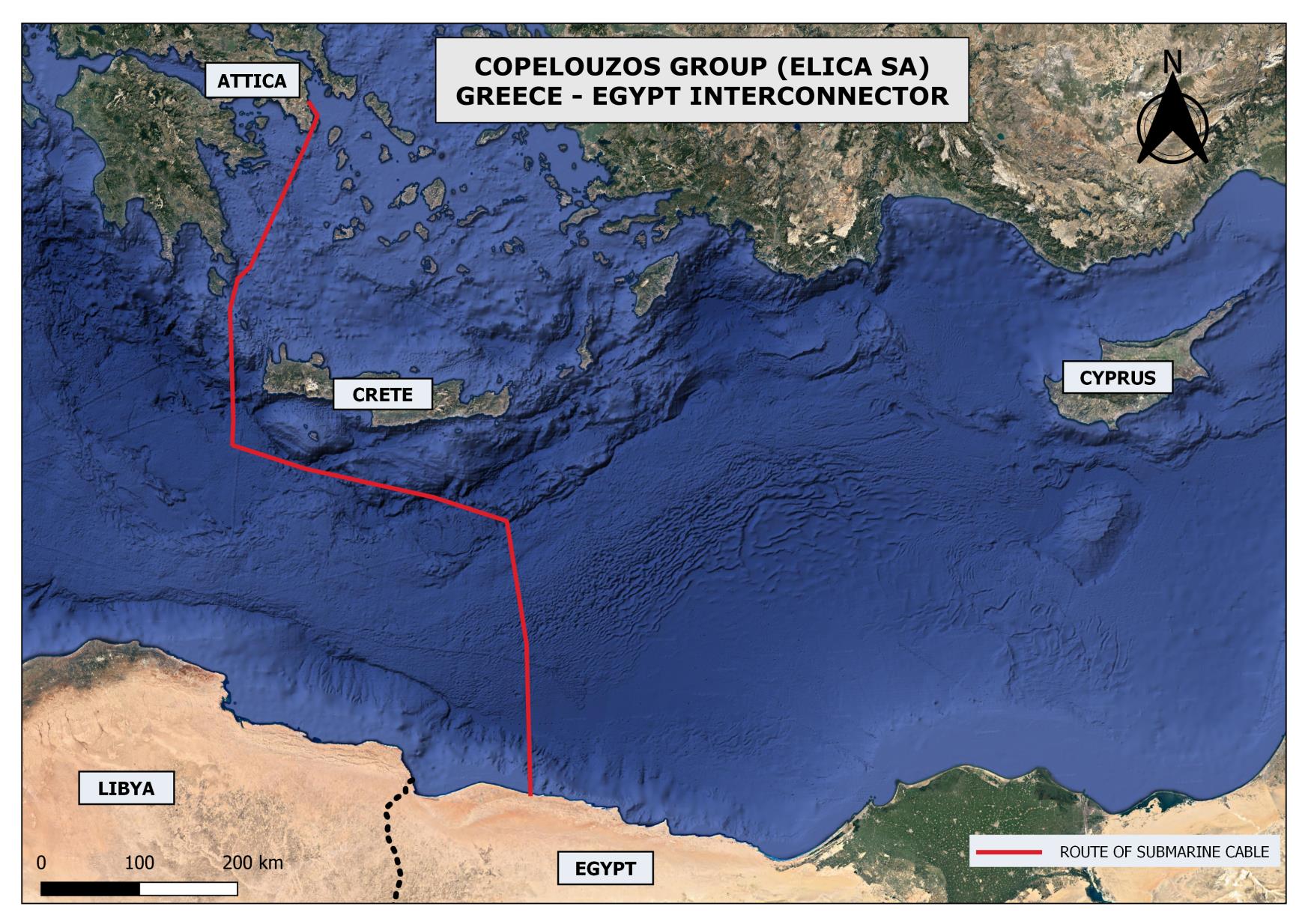
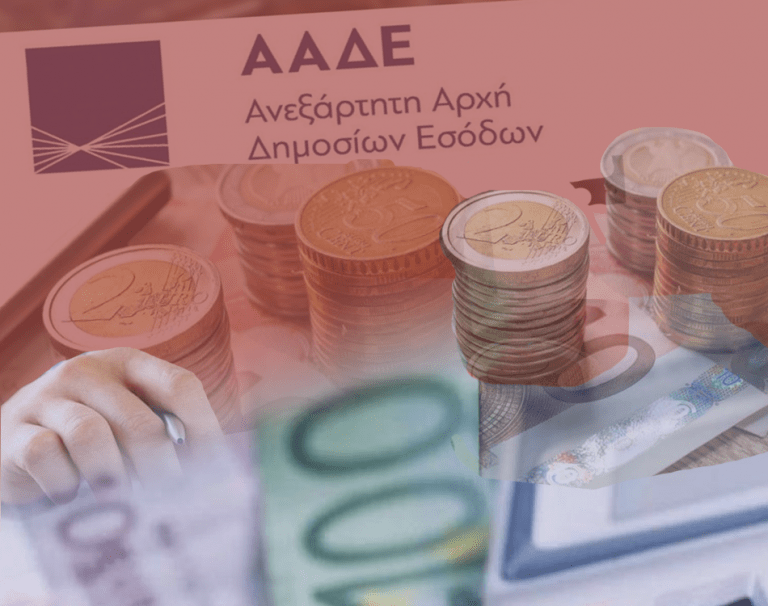

![Πετρέλαιο θέρμανσης: Οι τιμές ανά περιοχή σε όλη την Ελλάδα [πίνακες]](https://www.ot.gr/wp-content/uploads/2025/10/JOHN_LIAKOS_16_06_2025_DIANOMH_PETRAILAIOY_THERMANSHS07-scaled.jpg)




